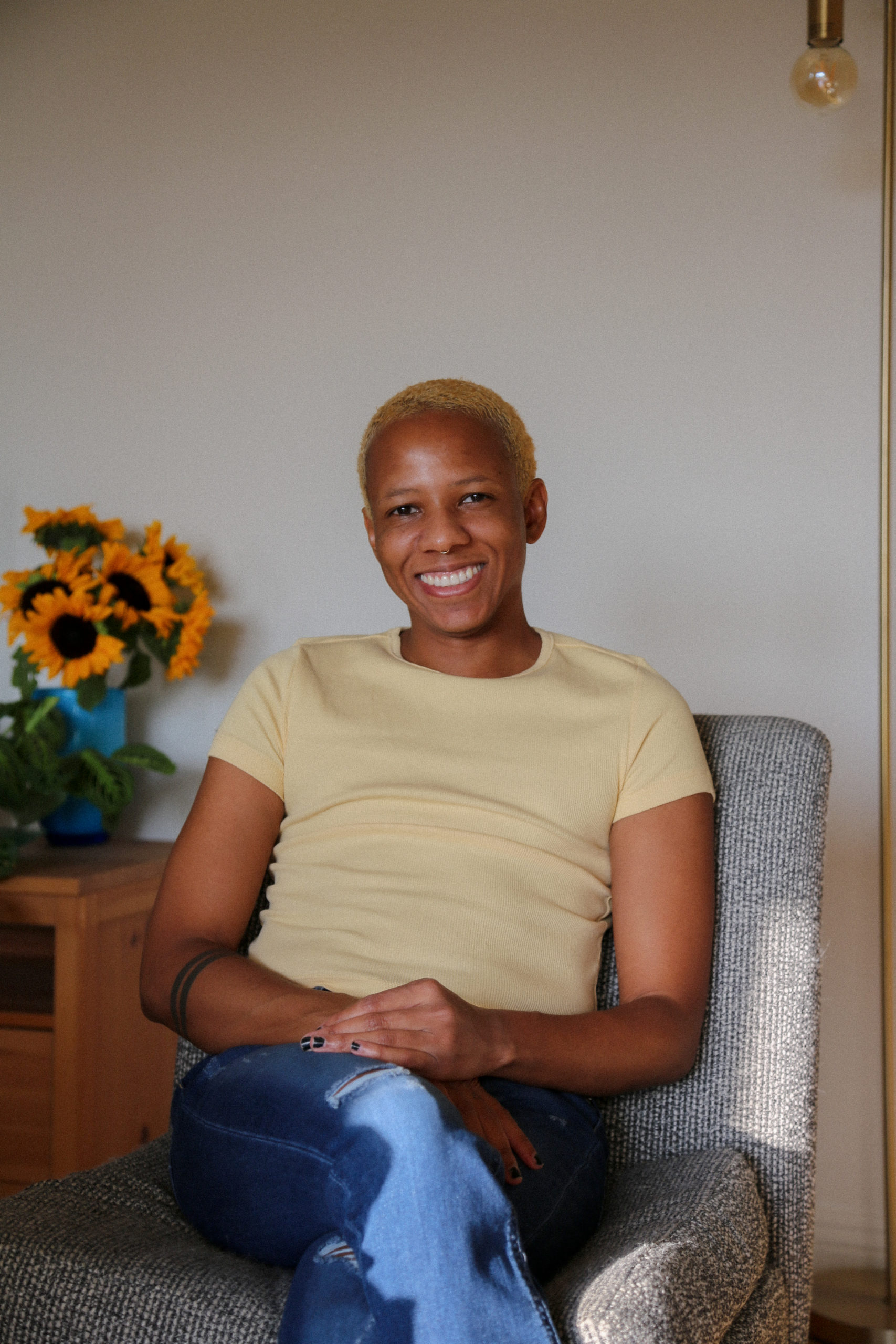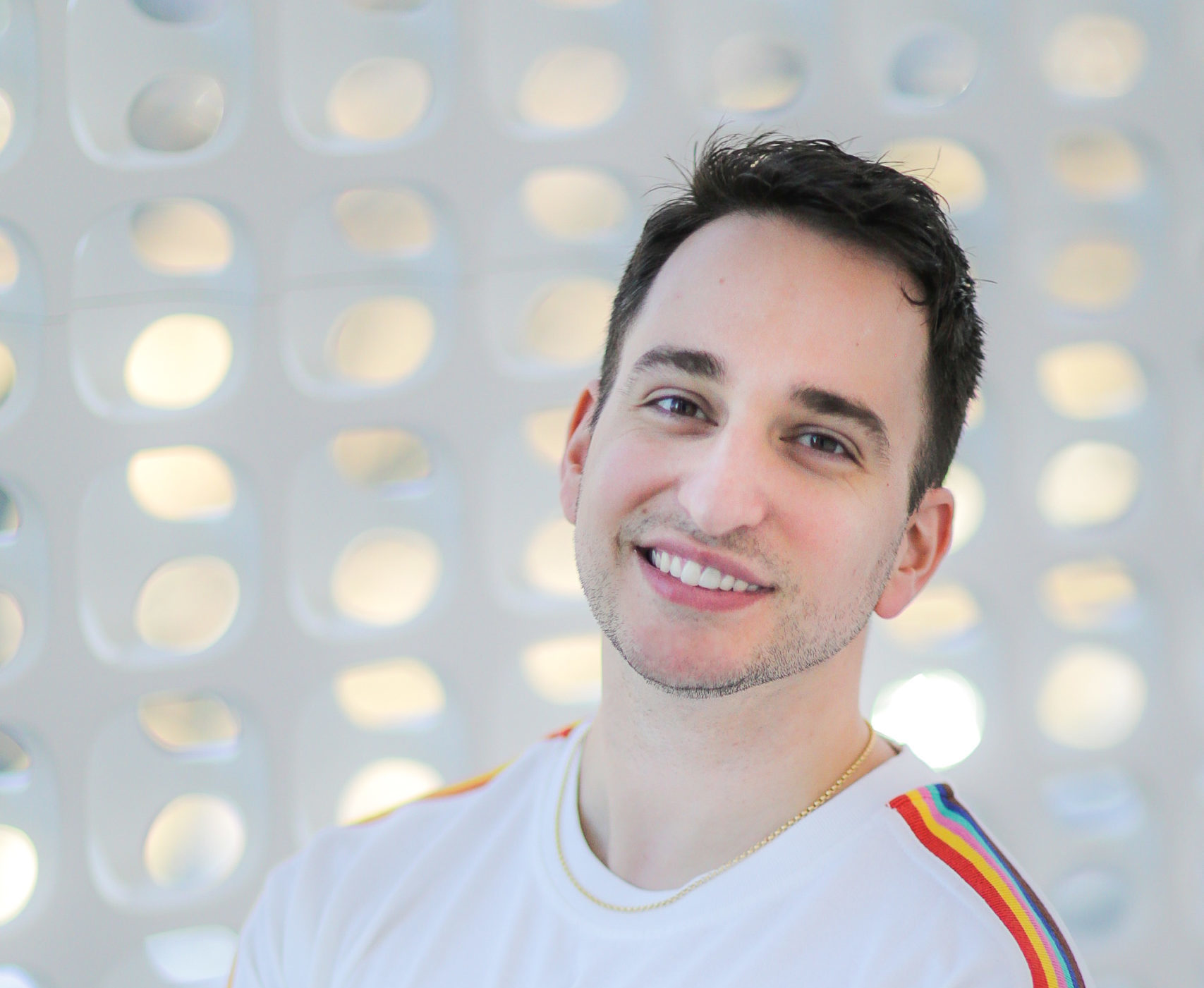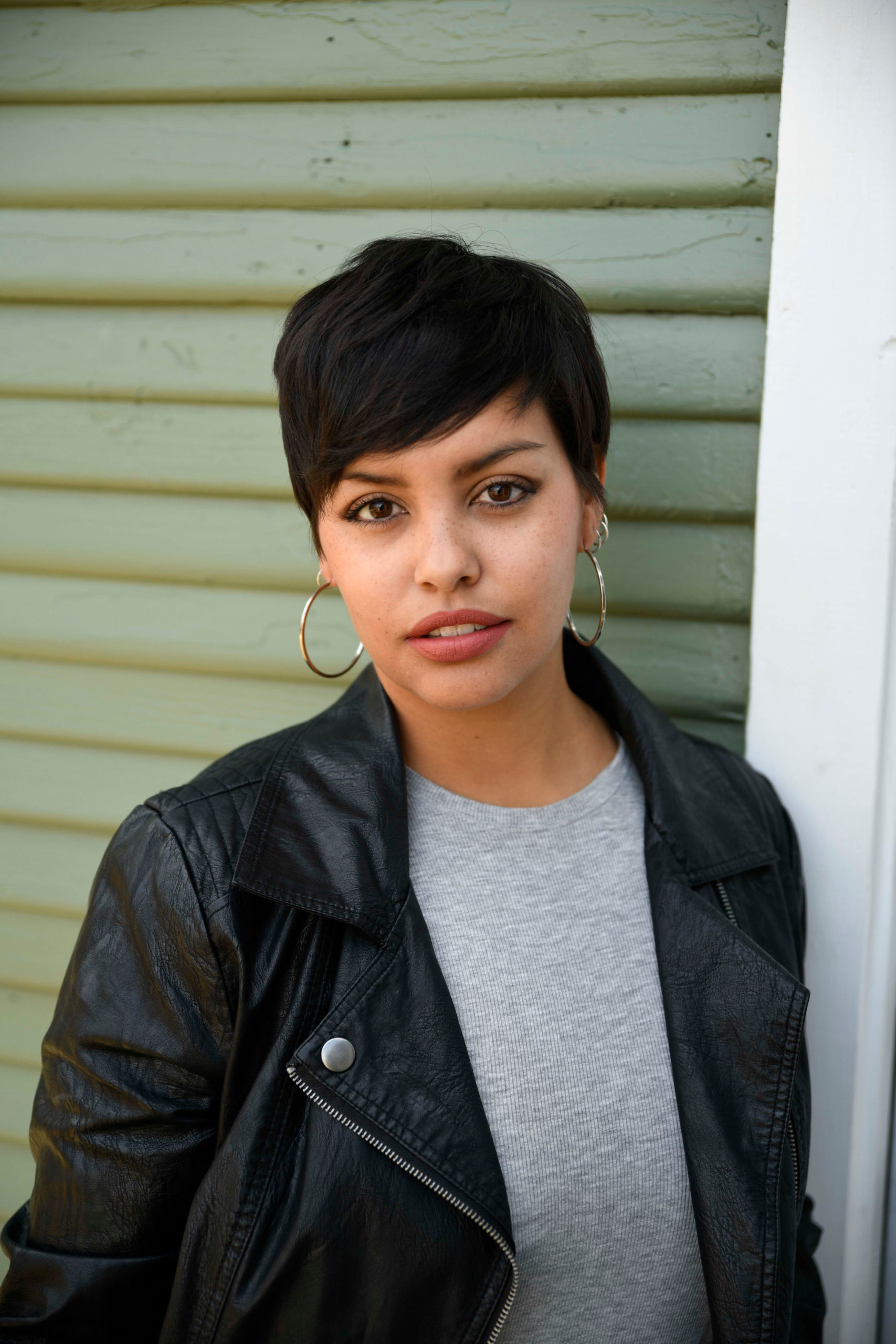
by Michele Kirichanskaya | Oct 5, 2022 | Blog
Kacen Callender is the bestselling and award-winning author of multiple novels for children, teens, and adults, including the Stonewall Honor Book Felix Ever After and the National Book Award for Young People’s Literature King and the Dragonflies. Callender...

by Michele Kirichanskaya | Sep 3, 2022 | Blog
Ryan La Sala resides in New York City, but only physically. Escapist to the core, he spends most of his time in the astral planes and only takes up corporeal form for special occasions, like brunch and to watch anime (which is banned on the astral planes). Ryan is the...

by Michele Kirichanskaya | Jul 17, 2022 | Blog
Alex Temblador is the Mixed Latine award-winning author of Half Outlaw and Secrets of the Casa Rosada, which received numerous industry accolades including Kirkus Reviews’ Best of YA Books 2018 and the 2019 NACCS Tejas Foco Young Adult Fiction Award. She is a...




